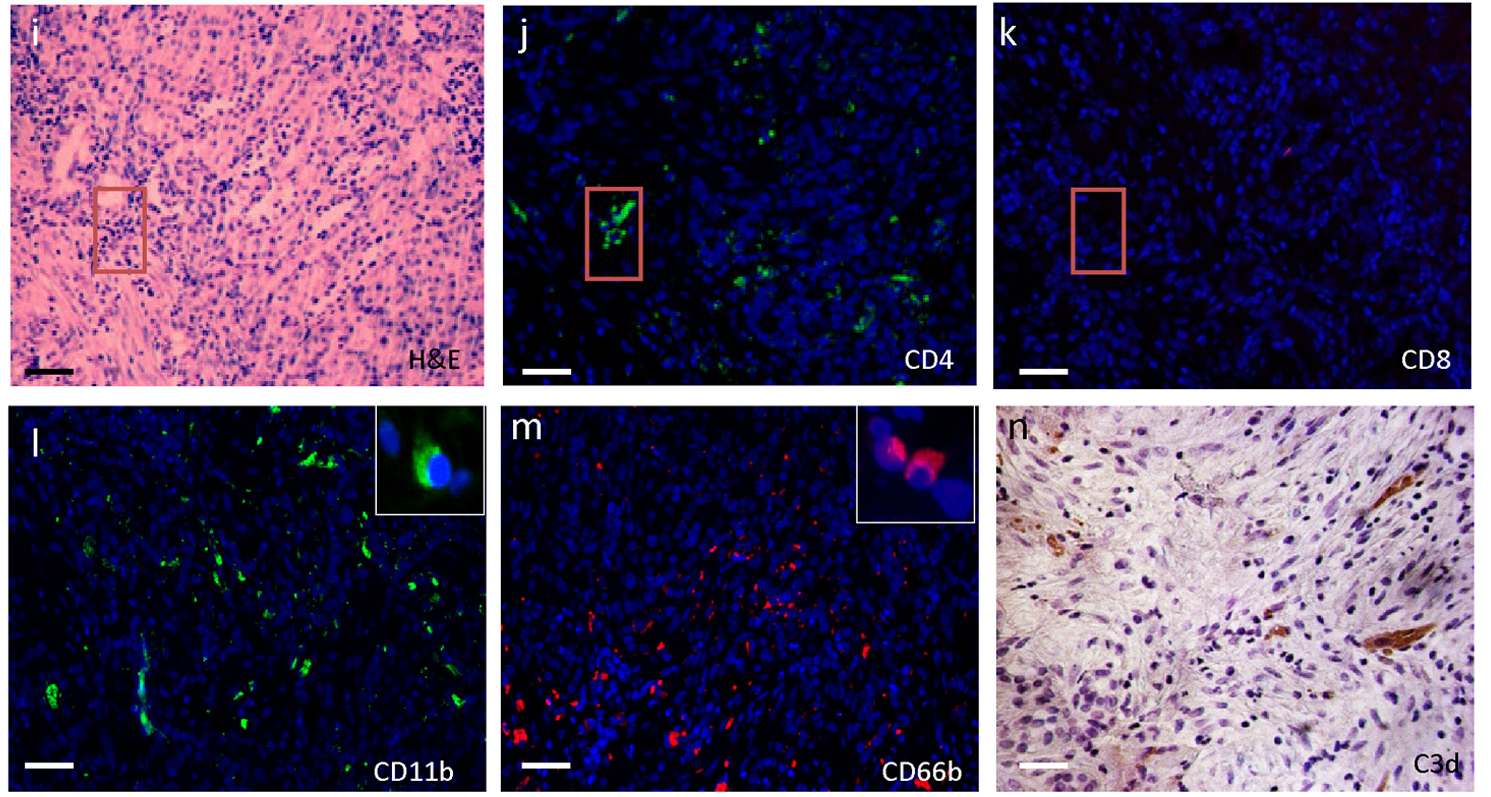
Cat. #153587
Anti-F1 deficient Yersinia pestis [6B5]
Cat. #: 153587
Unit size: 100 ug
Availability: 10-12 weeks
Target: Yersinia pestis cell surface antigens
Class: Monoclonal
Host: Mouse
£300.00
This fee is applicable only for non-profit organisations. If you are a for-profit organisation or a researcher working on commercially-sponsored academic research, you will need to contact our licensing team for a commercial use license.
Contributor
Inventor: Michael Doyle ; Tong Zhao
Institute: University of Georgia
Tool Details
*FOR RESEARCH USE ONLY
- Name: Anti-F1 deficient Yersinia pestis [6B5]
- Alternate name: Pasteurella pestis, Bacterium pestis, Pasteurella pestis, Bacille de la peste, fraction 1 antigen
- Clone: 6B5
- Class: Monoclonal
- Conjugation: Unconjugated
- Host: Mouse
- Description: Yersinia pestis is a gram negative coccobacillus bacteria. It is a facultative anaerobe that can infect humans causing plague of which there are three main forms: pneumonic, septicemic and bubonic. Infection can occur via the oriental rat flea. This antibody can detect Yersinia pestis whether or not it has been grown in conditions conducive where the F1 antigen could be present - unlike most immuno assays which are based on the detection of F1.
- Immunogen: Formalin-killed F1 antigenĂÂdeficient Yersinia pestis A1122 cells
- Isotype: IgG1
- Myeloma used: Sp2/0-Ag14
Target Details
- Target: Yersinia pestis cell surface antigens
- Target background: Yersinia pestis is a gram negative coccobacillus bacteria. It is a facultative anaerobe that can infect humans causing plague of which there are three main forms: pneumonic, septicemic and bubonic. Infection can occur via the oriental rat flea. This antibody can detect Yersinia pestis whether or not it has been grown in conditions conducive where the F1 antigen could be present - unlike most immuno assays which are based on the detection of F1.
Handling
- Format: Liquid
- Concentration: 0.9-1.1mg/ml
- Unit size: 100 ug
- Storage buffer: PBS with 0.02% azide
- Storage conditions: -15° C to -25° C
- Shipping conditions: Shipping at 4° C
References
- Zhao et al. 2012. J Food Prot. 75(9):1555-61. PMID: 22947461.



